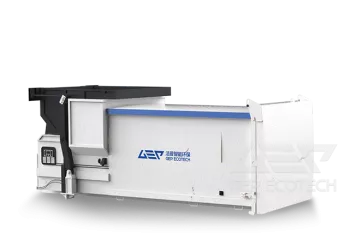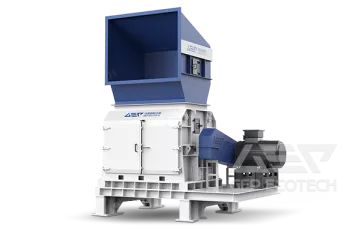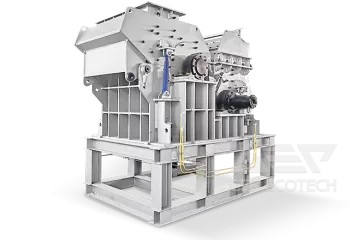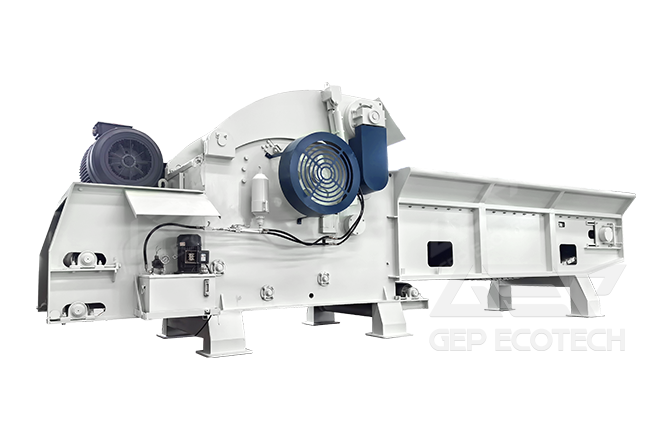What Is Electronic Waste?
The so-called electronic waste, also known as electrical and electronic waste or electronic waste, refers to the waste of electrical products, electronic products, household appliances, and other products that cannot be used second-hand but are decomposed, reused, and treated. The items treated as electronic waste include computers, mobile phones, televisions, air conditioners, refrigerators, washing machines, lighting fixtures, game consoles, and so on.
Electronic waste not only contains precious and rare metals such as gold and silver, but also harmful substances such as lead and mercury. Improper disposal may cause harm to the environment and health.
The Current Situation Of Electronic Waste
According to a report released by the United Nations, 53.6 million tons of electronic waste were generated globally in 2019. Among them, only 17.4% were officially collected or recycled.
In recent years, the global generation of electronic waste has increased by approximately 9.2 million tons per year, but the collection and recycling volume has only increased by 1.8 million tons per year. With the increasing consumption rate of electrical and electronic equipment, it is expected that electronic waste will increase to 74 million tons by 2030.
Global Electronic Waste Countermeasures
The United Nations and other organizations are calling for measures to address the increasing amount of electronic waste. Currently, 78 countries have formulated policies and laws related to electronic waste.
Japan's Countermeasures
In Japan, everyone is promoting the recycling of items belonging to electronic waste in accordance with the Waste Management Law, the Household Appliances Recycling Law, and the Small Household Appliances Recycling Law.
In addition, from 2017 to 2019, there was a program called "Creating Medals for Everyone from Urban Mines", which collected the metals required for athletes' medals at the 2020 Tokyo Olympics from small appliances such as smartphones. It successfully 100% recycled the metals required for approximately 5000 gold, silver, and copper medals (approximately 5700 kilograms) at the Olympics and Paralympics.
EU's Countermeasures
In 2003, the European Union established the WEEE directive, which stipulates that waste generated from electrical and electronic equipment and household appliances must be controlled, reused, and recycled. It requires member states and producers to establish electronic waste collection and recycling systems and pay fees.
In addition, starting from 2024, USB Type-C will become a universal charging port for all phones, tablets, and cameras in the European Union, with the aim of reducing electronic waste by disposing of chargers.
China's Countermeasures
The Chinese government and various provinces and cities have also formulated relevant policies for the recycling and treatment of electronic waste, such as the "Regulations on the Management of Waste Electrical Appliances and Electronic Products Recycling and Treatment", the "Catalogue of Waste Electrical Appliances and Electronic Products Processing", the "Implementation Plan for Improving the Recycling and Treatment System of Waste Electrical Appliances to Promote the Renewal and Consumption of Home Appliances", and the "Management Measures for the Recycling and Treatment of Waste Electrical Appliances and Electronic Products in Gansu Province" The Notice of Chongqing on the Implementation of Centralized Disposal of Electronic Waste after Asset Retirement and other measures to strictly regulate the recycling and disposal of electronic waste.
GEP ECOTECH's Countermeasures
As a domestic supplier of electronic waste disposal solutions and equipment, GEP ECOTECH has its own methods. Through processes such as shredding, magnetic separation, fine shredding, and eddy current sorting, various substances and metals in electronic waste are classified and ultimately sent to terminal disposal manufacturers for resource utilization.
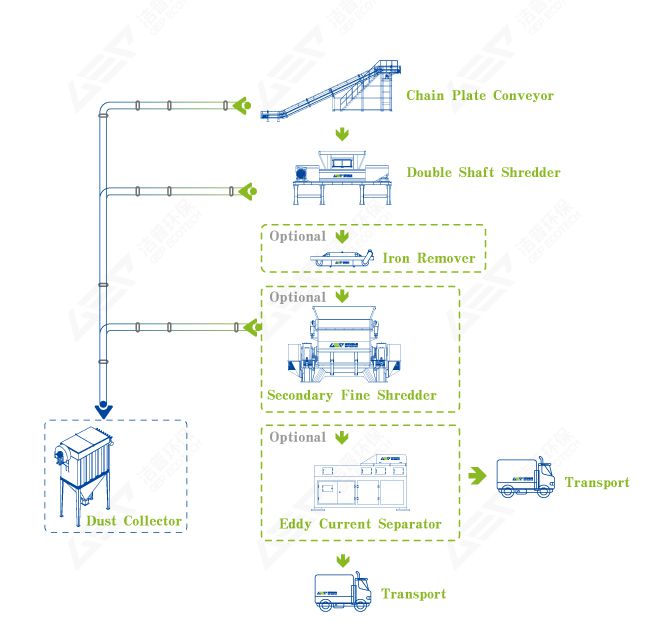
Pick up the phone and ask us for advice!


